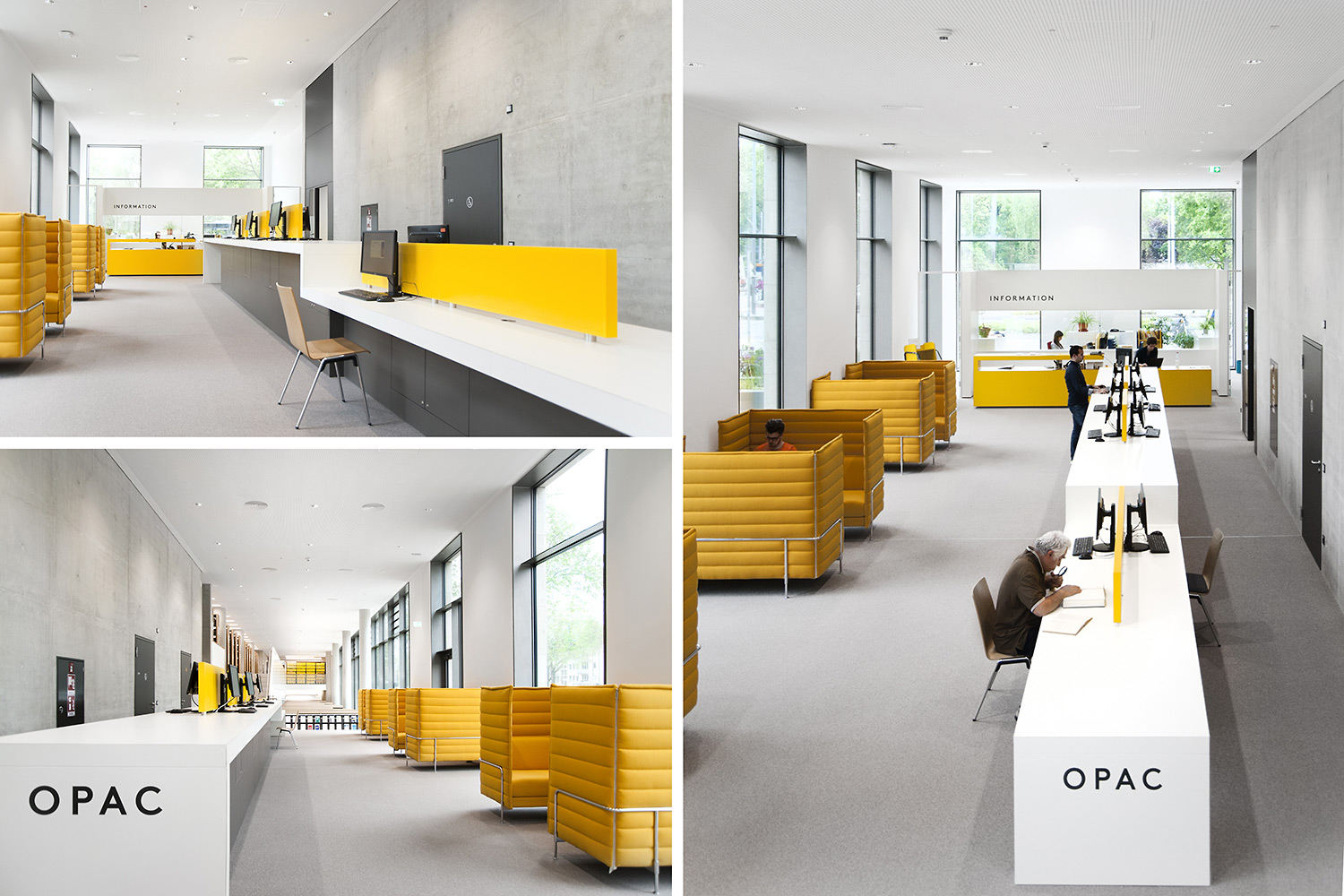
It also suggests that a child’s wellbeing is influenced by multiple interacting components from the child’s family, community and society. This qualitative study uncovered numerous potentially traumatizing and protective experiences specific to refugee children, such as displacement, cultural differences, insecure political climate as well as community support and access to education.
Uni heidelberg programme maxqda full#
Current ACE literature does not capture refugee-related experiences, thus underestimating the full magnitude of the problems these vulnerable children could encounter. Identifying ACEs specifically relevant for refugee children could contribute to understanding potential pathways and could further serve as a starting point for tailored interventions.Įxperiencing multiple adversities in childhood may lead to undesirable health and behavioural outcomes later in life. It is increasingly important to identify these diverse experiences as the refugee population continues to grow and the increased prevalence of poor health outcomes in refugee children has been widely documented. This study highlights important aspects to consider when examining refugee children’s experiences, such as addressing family dispersion, displacement, tough immigration and national policies as ACEs. These experiences revolved around eight major themes including six themes reflecting on potentially traumatizing experiences: disruption, rejection, isolation, violence, impediments and affliction and two themes that reflect on possible protective experiences: security/stability and connections. We used the socio-ecological model to organise emerging themes that may arise at multiple levels and across all stages of migration. Interviews were recorded, transcribed, coded and analysed using thematic analysis. Data collection was complete when data saturation occurred.


Informed consent from participants was obtained, and discussions focused on potentially traumatising and protective experiences before, during and after flight.

Sampling was based on the official languages of the major nationalities seeking asylum in 2018, which were Arabic: Syria and Iraq, Farsi: Afghanistan and Iran, and Tigrinya: Eritrea. Semi-structured interviews with 47 refugee parents and 11 children (aged 8-17) were conducted between November 2018 and January 2020 in the Rhine-Neckar region in Germany. This study uses qualitative interviews to identify potentially traumatising and protective experiences subjectively perceived as having an effect on the wellbeing of refugee children. Refugee children experience potentially traumatic events that are distinct from the general population, yet current Adverse Childhood Experience (ACE) research addressing these specific adversities is scarce.


 0 kommentar(er)
0 kommentar(er)
